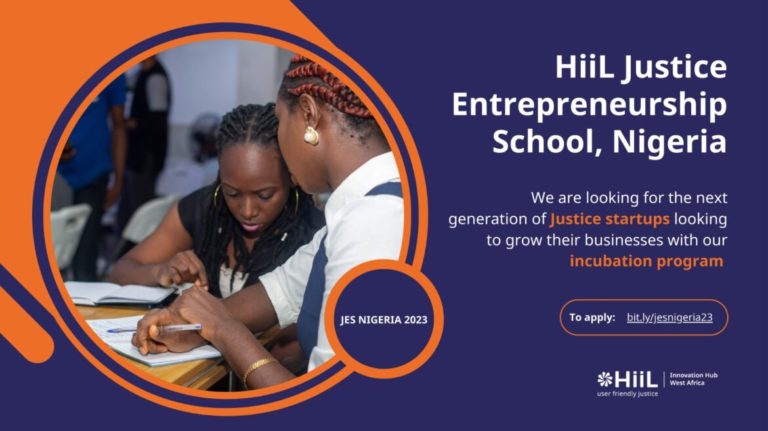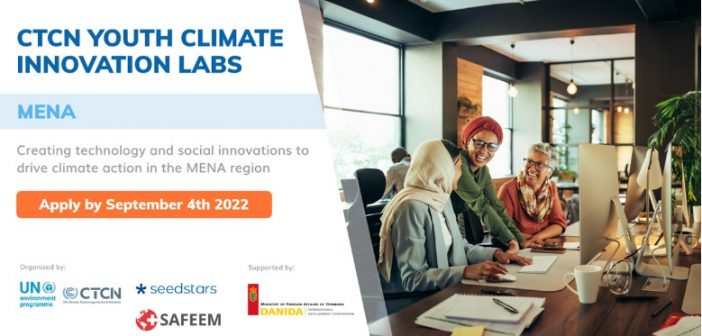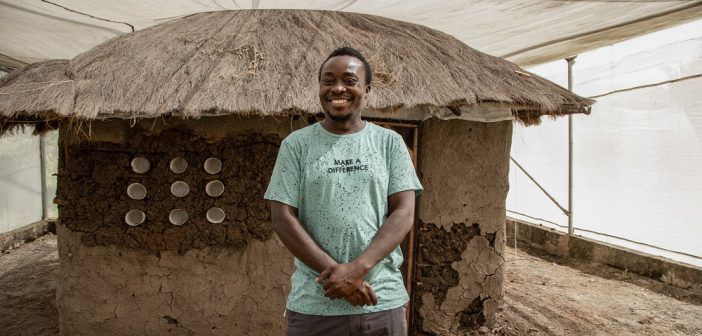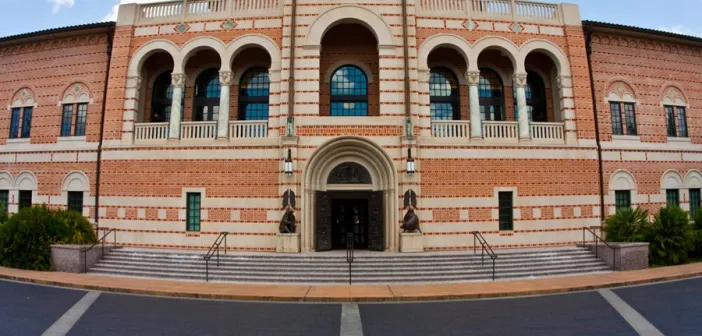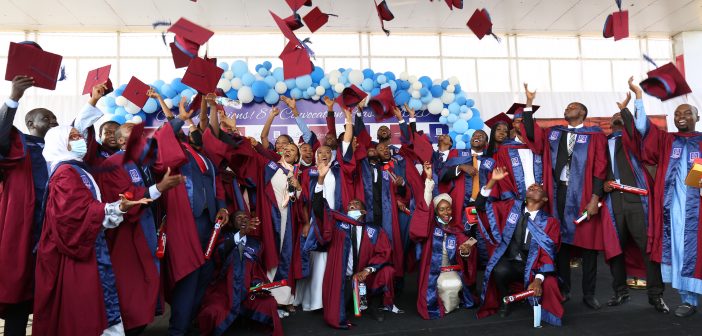African School of Economics introduces 5G mobile technology spaces for remote learning and employment
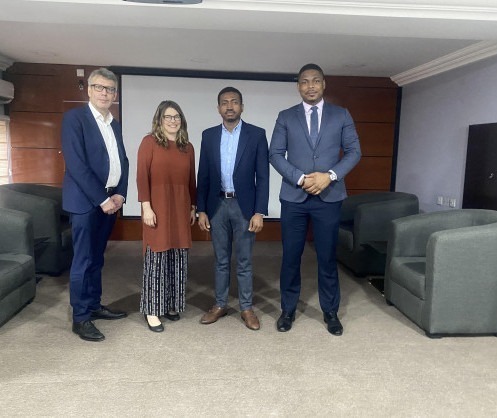
The African School of Economics (ASE) has introduced Africa’s first 5G Mokki Tech Space, a network of immersive digital learning and remote work environments connected via fifth-generation mobile communication technology, in conjunction with partner universities in Africa and Finland.
The 5G Mokki is a modular high-tech device that can be used to deliver innovation services and remote work from and to any location in the world, develop software applications that need blazing-fast internet connections, and render immersive, three-dimensional (3D), virtual-reality (VR), and augmented-reality (AR) learning environments.
The Finnish word “mökki,” which means “cottage,” is where the name “Mokki” comes from. Leading American and Finnish universities collaborated to develop the idea of the 5G cottage.
The ASE announced its 5G Mokki Tech Space in collaboration with Addis Ababa University in Ethiopia, the University of Lusaka in Zambia, as well as Aalto University and LUT University in Finland, this week to coincide with the 5G Seasonal School that is taking place concurrently in Nigeria, Ethiopia, and Zambia.
New kinds of transcontinental studies fusing business and technology are made possible by the tech spaces.
Education, business, and technology experts from Africa, the United States, and Europe suggested during a panel discussion at the seasonal school hosted by the Start North learning network that if renowned institutions like Stanford University allocated one percent of their curricula to applied technology studies in collaboration with top universities in Africa, this was bound to have a very significant positive impact on entrepreneurship and job creation, as well as on the continent’s economic development.
Africa needs innovation in education to produce talent and jobs, according to Professor Leonard Wantchekon, the founder of the African School of Economics and a Visiting Professor at Stanford University in Palo Alto, California.
The International Telecommunication Union (ITU) Director, Mr. Cosmas Zavazava, emphasized the opportunity for universities’ 5G learning and innovation settings to customize the creation of new goods and services to regional needs.
In order to increase the effectiveness of education in the sub-Saharan region, Ms. Riina Subra, Director of the Finnish Aalto University Global Impact program and Head of the EDUCase platform, emphasized the necessity for student-oriented teaching strategies.
To strengthen collaboration for sustainability in higher education and innovation, the EDUCase platform brings together 26 Finnish higher education institutions with academic and societal partners in sub-Saharan Africa and South Asia.
Finnish best practices in entrepreneurship studies were discussed by Lauri Järvilehto, an associate professor of practice at Aalto University.
Mr. Chukwuka Igboanua from LUT University commented on the Finnish university education that is focused on the needs of the individual student and the development of individualized learning routes that foresee market needs. The discussion also emphasized Finnish applied science universities’ high expertise and the customized study options they provide, particularly for the needs of Africa.
According to Mr. Obinna Obiwulu, the 5G Mokki Tech Space combines research and education in close proximity to businesses and the market.
Start North, an organization that acts as an accelerator network to encourage the study and use of emerging technologies in order to tackle the issues of global sustainable development, is the owner of the trademark 5G Mokki.
The accelerator network is made up of top institutions, businesses, and nonprofits from around the world, including Ambitious Africa, an effort that brings young people from Africa and the Nordic countries together to advance Africa.
By more effectively allocating their resources, regions will be able to grow economically with the help of distant services and operations carried out across digital networks. Reduced travel is also beneficial for fostering environmentally and socially sustainable growth.
Fifth-generation wireless communication technology will enable data connections that are 100 times faster on mobile devices and ten times faster than the fastest fixed broadband services available right now compared to the technical standards that came before it.
Its ultimate potential is in opening up completely new application categories. Consider autonomous vehicles, drone remote control, and sophisticated industrial procedures. visualize remote surgery. Think about virtual or augmented reality meetings and remote work. Consider distance learning. “Remote” is the key word here.
Africa has the potential to become a productivity powerhouse thanks to its natural riches, young population, and expanding markets. Through high-touch, 5G-enabled remote connections in real time, businesses anywhere in the world will have access to technologically competent labor and services from Africa.
Dr. Mark Nelson, founder and director of innovation at the Stanford Peace Innovation Lab, compared the high-tech cottage to the development of the microscope in biology and the telescope in space research, allowing the exploration of social interaction and society without the need for people to travel from one place to another, at the launch event of a 5G Mökki network at Häme University in Finland in October 2021.
Traditional degree-based education falls short of producing enough employment prospects without creative methods to training and job creation. To demonstrate this argument, only about 3,000 of the approximately 500,000 students who graduate from Cameroon’s institutions each year actually go on to find jobs. In Africa, Cameroon is not an exception.
The 5G Mokkis provide an opportunity for international corporations to tap into highly skilled, young African talent, not only to deliver remote work but also to spur innovation.


